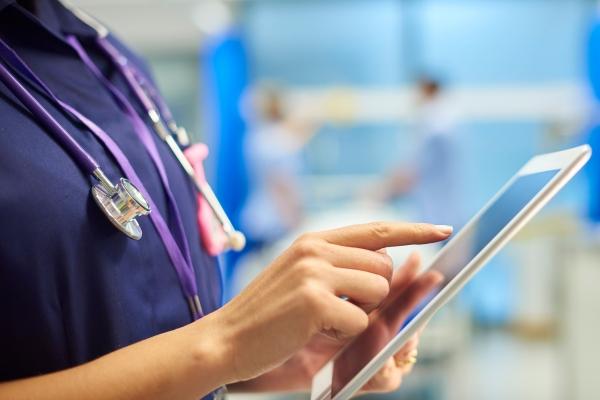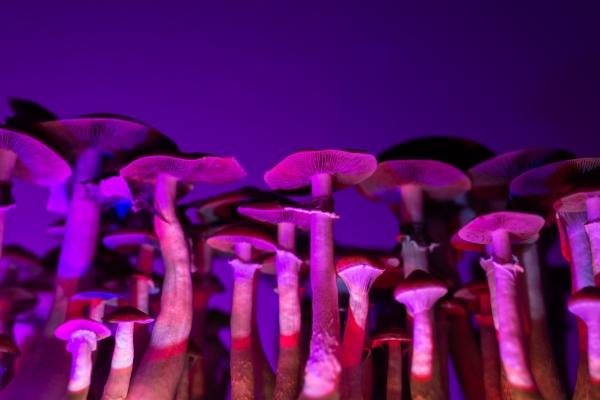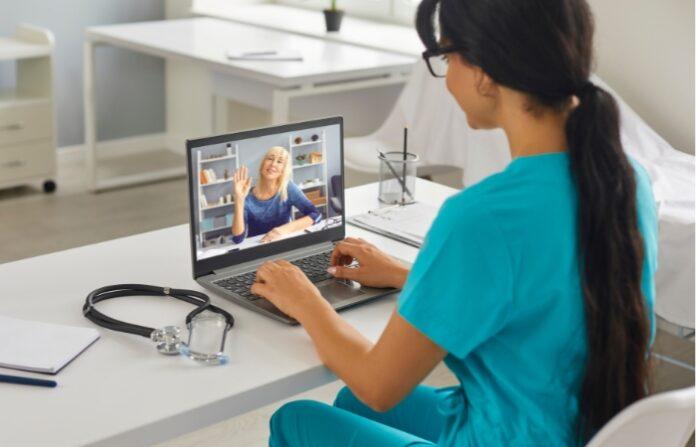Medicine is a discipline where things are constantly changing. With research being done all the time to develop new medicines, evolve practices, and improve educational standards, both physical and mental medical science progresses comparatively rapidly. As a result, it is only natural that education in nursing and mental health counseling needs to develop too. Even now, development is evident. Thirty years ago it would have been near impossible to do an accredited Master’s in mental health counseling online by major psychiatry authorities.
With change comes evolution. The future is no longer as far off as we think, and as we step into the Fourth Industrial Revolution, it is more important than ever that our medical practitioners are ready to face the new future of medicine.
Today we’re going to look at several major innovations in the realm of psychiatric nursing, and how the medical industry can help these caregivers better prepare for the future.
New Developments in Anti-Depressants
These days we hear a lot about depression. It seems everyone you meet has struggled with one form of depression or another. Despite the fact that it is so prevalent, with around 5% of adults suffering from the condition, there is still quite a bit of stigma and misunderstanding existing around it.
The symptoms of Depressive Disorder include low mood, a lack of energy or enthusiasm, prevailing dark thoughts, suicidal ideation, mood fluctuations, a lack of sleep, and more. These difficult and invasive symptoms are often treated with a combination of lifestyle changes, therapy, and medication. However, roughly one-third of people suffering from depression are considered “treatment resistant,” and their bodies simply do not respond to medication.
Recent scientific advances, however, have led to the development of new drug therapies. These so-called “novel” drug therapies (“novel” referring to a newly developed tool that addresses a previously unmet need), are currently undergoing testing, and may change the landscape of chronic depression treatment as we know it.
Someone Called The Doctor

Since COVID kept us all indoors for a while, it wasn’t just workplaces that flooded to Zoom and other video/audio conferencing software; rather doctors, nurses, and other healthcare professionals have all embraced telehealth conferencing.
However, with the rapid onset of COVID-19, healthcare professionals found themselves initially overwhelmed by the switch to telehealth technologies, and many medical establishments found themselves underprepared to face such a sudden switch in how they operate.
However, since then, the healthcare education sphere has altered. Nowadays, many educational bodies dealing in medicine, and many Continuous Education Units undertaken by nurses and doctors involve telehealth education, training healthcare workers in the use and implementation of this technology.
For those suffering from mental health issues, it can be exceedingly difficult to get out of the house for therapy and medical appointments. Telehealth therapy allows these people access to the resources they need in order to seek treatment.
Social Media Against Self Harm
Social media is one of the most widespread applications of technology in daily use. Recent statistics show that since the advent of social media in 1996, roughly half the global population is using social media.
Despite a bad rap, it seems social media may actually be an invaluable tool in the struggle against mental illness and self-harm. A 2021 preliminary study found that analytics gained from social media sites can be used to pre-emptively ascertain patterns of detrimental symptoms in users, including self-harm, suicidal ideation, and substance abuse.
In future medical research, this study may serve as a base for deeper exploration into using analytics from social media to diagnose, treat, and preemptively support people struggling with mental illness.
Psychedelics for Mental Health

Although this research has been going on for a little while, there are still quite a few people who are surprised by this, and with good reason! After all, who would have thought that hallucinogenic, psychedelic drugs like Psilocybin and MDMA could provide an answer to crippling symptoms of trauma.
In 2020, psilocybin and MDMA were both proven effective treatments for depressive symptoms and symptoms in line with PTSD. It doesn’t end there, however. Psilocybin and MDMA have both shown positive effects in the treatment of eating disorders, and ironically, addiction!
These drugs are now starting to break out in the standard market, with licensed professionals able to prescribe them to appropriate patients. As the stigma around this form of medication decreases, it opens up avenues to other forms of research, potentially expanding the range of available treatment options for patients.
Digital Devices Improving Studies
Medical science is only as good as the information we have, the information we have is only as good as the studies being done. When it comes to conducting a study, there needs to be a varied number of test subjects, however continual monitoring of these subjects can prove difficult, and these difficulties can be a hurdle to accurate results.
The solution? Personal devices.
DHTs (Digital Health Technologies) have been prevalent in many medical studies in recent years. These technologies take many forms, such as health apps on test-subjects’ phones, smartwatches, and telemedicine.
This tech has created waves in the medical community, with medical professionals stating that these devices and applications allow for a larger body of data to be gathered on test subjects, as well as more accurate data.
The Future of Medicine
Innovation is always exciting, but nowhere is it perhaps more necessary than in the world of medicine. Although most ailments and injuries can be treated at the doctor’s office or a hospital, the only way that we will be able to treat conditions that are currently untreatable or incurable is through constant research and development. Since most mental illnesses have no cure, the continuous expansion of available drugs, tools, and methodologies is utterly necessary if future generations are ever to have a hope of living without these conditions. Psychiatric nurses provide an invaluable service to those suffering from mental illness, and for now, the innovations in this article serve as symbols of the significant strides made in the realm of psychiatric medicine; thereby allowing nurses to offer more effective and efficient care.



















